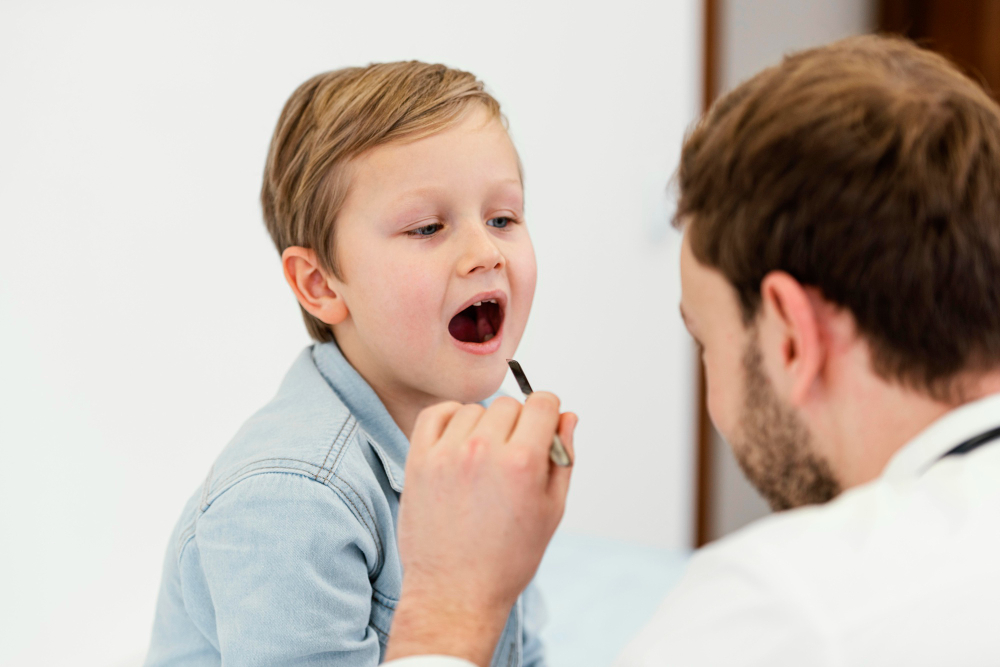The journey of parenthood is filled with countless joys and challenges, and one of the most anticipated milestones is the appearance of those first tiny teeth. However, along with this exciting phase comes a lot of questions and concerns, especially when your baby seems to be experiencing discomfort. One typical worry among parents is the prospect of teething fever – is your newborn sick, or are those little pearly whites causing the fuss? In this blog post, we’ll explore the signs of teething fever, the potential for teething-related fever, and how to differentiate between a genuine illness and the teething process.
Understanding Teething
Teething, the process of a baby’s teeth breaking through the gums, usually begins around six months of age. However, it can start as early as three months or as late as one year. As exciting as it is to witness your baby’s first tooth emerge, it’s also a time of discomfort for your little one. The pressure and inflammation that occur as teeth push through the gums can cause irritability, drooling, and even a slight elevation in body temperature.
The Teething Fever Dilemma
One of the most debated topics among parents is the existence of a teething fever. Some experts argue that teething itself doesn’t actually cause a fever, while others believe that the inflammation and discomfort could lead to a slight increase in body temperature. The consensus, however, is that any temperature above 100.4°F (38°C) should be considered a genuine fever unrelated to teething and could be a sign of illness.
Differentiating Between Teething Discomfort and Illness
While it’s understandable to be concerned about your baby’s health, there are a few key factors to consider when determining if your baby’s discomfort is due to teething or an actual illness:
Fever Level
As mentioned earlier, a fever above 100.4°F (38°C) is not typically associated with teething and could be indicative of an infection. Teething-related discomfort might cause a slight elevation in temperature, but it shouldn’t cross this threshold.
Duration of Symptoms
Teething discomfort usually lasts for a few days before and after a tooth breaks through the gumline. If your baby’s symptoms, including fever, persist beyond this timeframe, it’s more likely to be a sign of illness.
Other Symptoms
Teething can cause drooling, irritability, gum swelling, and even mild diarrhea. However, if your baby exhibits symptoms like severe diarrhea, vomiting, lethargy, or a persistent high fever, it’s important to consult a pediatrician.
Behavior
Teething discomfort might lead to fussiness and trouble sleeping, but babies usually remain interested in their surroundings. If your baby appears unusually lethargic or uninterested in their surroundings, it could be a sign of illness.
Navigating the world of parenting involves making countless decisions, and determining whether your baby is experiencing teething discomfort or an actual illness is one of them. While teething can cause mild discomfort and a slight increase in body temperature, a high fever or prolonged symptoms are likely indicators of illness. Trust your instincts as a parent and don’t hesitate to seek medical advice if you’re concerned about your baby’s well-being. Remember, this phase, like all others, is temporary, and your baby will soon sport that heartwarming toothy grin that makes every challenge worthwhile.

